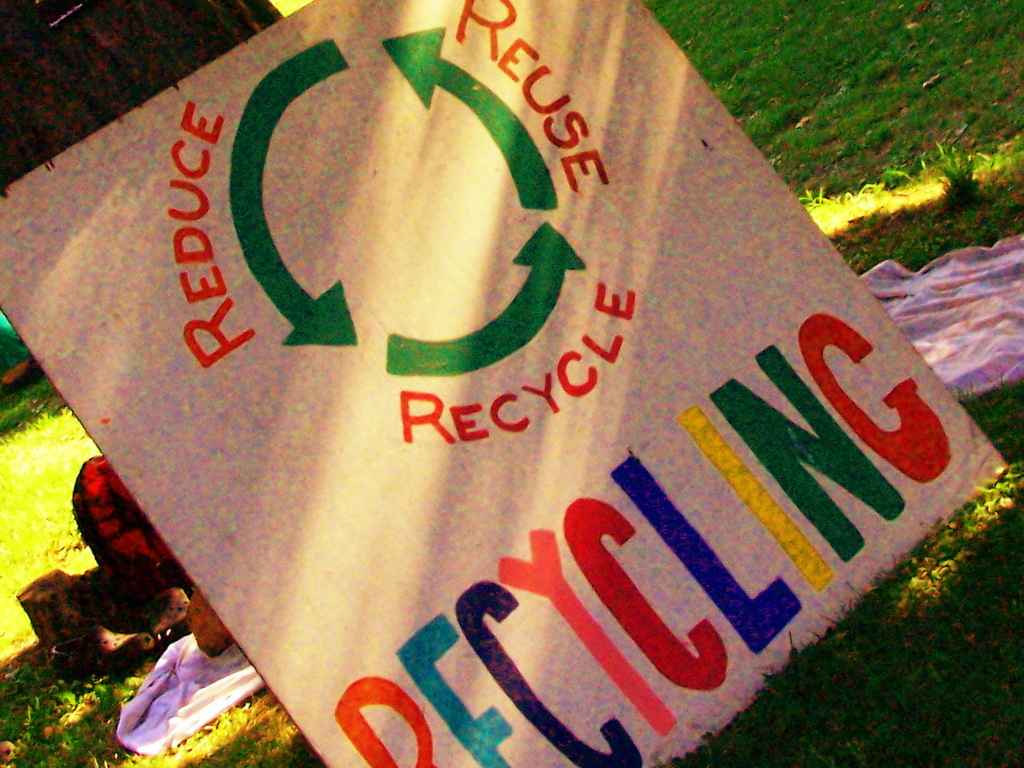The EcoAmbassadors internship program is relatively new to the College of William and Mary, but it already has an impressive legacy: Earth Week, sustainability blogs, knowledge of campus recycling patterns, the native plant nursery, a proposed electric car charging station and green careers. All of these programs are made possible by EcoAmbassadors.
Led by Calanda Waters-Lake, the Director of Sustainability, EcoAmbassadors meet once a month to discuss sustainability issues and progress on individual projects. These internships are for credit, and can count as an Environmental Science and Policy capstone experience.
Along with Sarah Hong, ’16, I have been serving as the Virginia Institute of Marine Science (VIMS) Discovery Lab EcoAmbassador for this past academic year. Discovery Labs are public programs led by the Chesapeake Bay National Estuarine Research Reserve (CBNERR) at VIMS that give families the opportunity to actively learn about the Chesapeake Bay ecosystem. Each month focuses on a specific aspect of the Bay — whether it’s blue crabs, birds, shipwrecks or underwater sound, kids and adults alike engage in hands-on learning activities to get them excited about our bay.
EcoAmbassadors connect each month’s theme to climate change at the “Climate Corner” table. Many birds, for instance, are losing nesting habitats due to sea level rise. For March’s bird-themed lab, Sarah and I crafted a diorama activity that demonstrates how rising sea level would gradually cover up the habitats birds need. Kids get to pour increasing levels of water into the diorama and note which areas and species would be affected. They could then play a “Migration Madness” board game to see how migration patterns would be affected by changing seasonality.
Our culminating project was the planning of the entire April lab under the theme of Climate Change. This was quite an undertaking and required advanced planning during the fall semester. We focused on making the activities fun, and emphasized solutions and a positive future to make sure that kids could handle an occasionally uncomfortable topic.
This experience has been exceptional in many ways. I’ve learned more than I ever thought possible about teaching about climate change. There is an exact methodology behind using words like “we” rather than “I,” and avoiding catastrophic messages of extreme destruction. We must be aware of the dangers of climate change, but approach it as something to which we can adapt and mitigate through collective action.
The EcoAmbassador for VIMS Discovery Labs internship is one I would recommend to anyone. It is a great opportunity to apply science concepts to the outside world, interact with kids, and get involved in public education. Applications for the 2015-2016 EcoAmbassador program open in September. For more details contact Calandra Waters-Lake at waterslake@wm.edu.
Email Allison McCluskey at ammccluskey@email.wm.edu.

